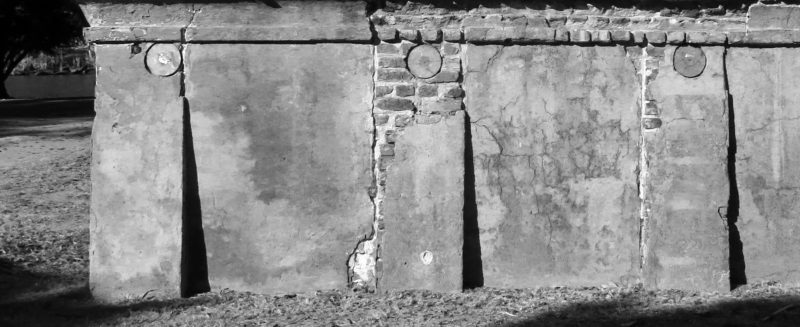
This week I’ll tackle one or another illusion from a variety of contexts. Well, that’s the plan, let’s see how it goes.

The first one, clearly triggered by the events of last week, is the illusion that walls can provide security. I found the argument nowhere better laid out than here:https://fpif.org/the-psychology-of-the-wall/
Here is the summary of Feffer’s arguments (in Foreign Policy in Focus) to contemplate on President’s Day: In 1989, when the Berlin Wall finally came dow, there were 15 border walls around the world. Want to guess what that number is in 2019? Seventyseven. 77 walls that were erected to keep people (and things) out – and that refers only to the actual concrete objects in form of mortar, brick, razor wire, steel slats and so on – not counted are the walls that are more ephemeral in terms of barriers concerning trade, finance, movement of manufacturers or labor.

In Eastern Europe from the Czech Republic to Slovakia to Romania to Hungary you have newly established walls. Some to keep foreigners out, some to separate Roma from non-Roma populations. The Brexit debacle is another kind of wall – just a wet one, called English Channel. Spain has walled off its cities on mainland Morocco, Saudi Arabia is walled off from Iraq.
And let’s not forget Israel – if you can stomach reading the justifications (e.g.The security fence does create some inconvenience to Palestinians, but it also saves lives. The deaths of Israelis caused by terror are permanent and irreversible whereas the hardships faced by the Palestinians are temporary and reversible” – I guess they count generations of traumatized, and orphaned, West Bank children as having a temporary condition….) or are adapt at skipping, here are some intense statistics on walls, fences and security barriers supposed to protect the state. https://www.jewishvirtuallibrary.org/background-and-overview-of-israel-s-security-fence

Trump’s wall, and let’s not forget also that of his followers and a GOP that does nothing to stop him, is supposed to keep people out. Here as elsewhere we see a focus on exclusivity – keeping people out of the enclave of the rich, the institutions of the elite, and preserving privilege for a tightly circumscribed minority who is unwilling to share. The promised security then is really about the insecurity of those who see their privileges endangered by others who want to be part of the club. Privileges derived from race, gender and class, let’s face it, and from being an American.

The Right. Feffer argues, “wants that wall to prevent all these privileges — individual, communal, national — from leaking out. It’s the architectural equivalent of a gun. It’s for defense, a way for people to “stand their ground.” But it’s also compensation for powerlessness and lack of control. As with guns, the sense of safety and security is almost entirely illusory.”
Add to the illusion that walls provide security the establishing of the illusion that it is about security and you have last week in a nutshell!

Music is a really funny song by a young Egyptian songwriter which should lift our mood for the week!
Youssra el-Hawari – The Walls
يسرا الهواري – السور
Essour
In order to prevent protests, SCAF, the military government ruling over Egypt following Mubarak’s ousting, erected large walls in the city of Cairo. These walls have become a site of resistance in the form of graffiti and the like, and in this song, an even simpler expression of discontent.
Here is the translation from the Arabic:
– The Wall
In front of the wall
In front of the ones who built it
In front of the wall
In front of the ones who erected it
And in front of the one who guards it as well
A poor man stopped to pee
On the wall and those who built it, erected it, and guard it
On the wall and the ones who built it, the man peed








